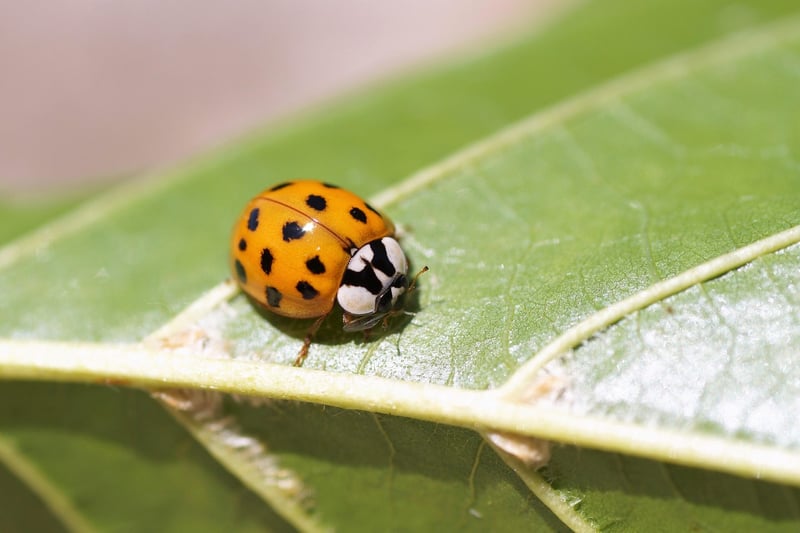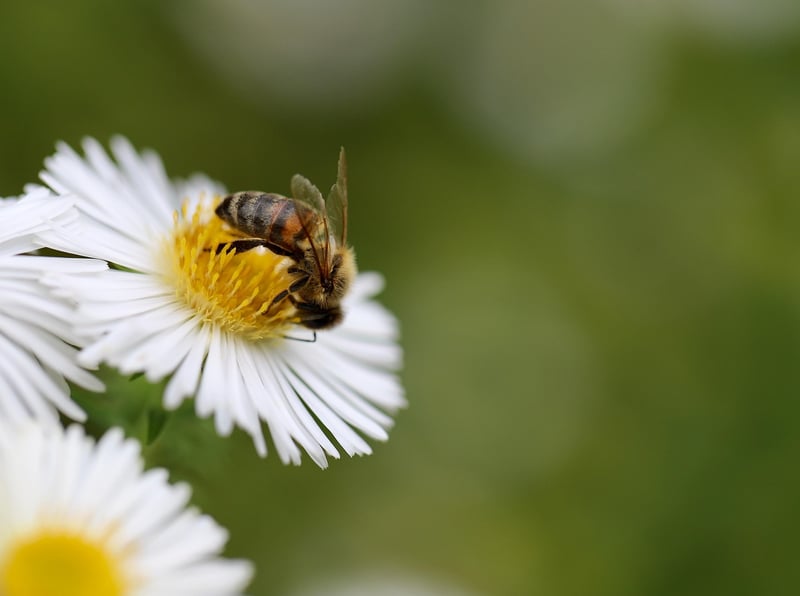Beneficial Insects
Protecting Your Garden without Chemicals + Beneficial Insects
Are you looking for natural ways to protect your garden from pests without resorting to harmful chemicals? Embracing beneficial insects is a sustainable and eco-friendly approach that can help maintain a healthy balance in your garden ecosystem. Let's explore how you can protect your plants and promote biodiversity by attracting these helpful garden allies.
Why Avoid Chemicals in Your Garden?
Chemical pesticides not only harm pests but also impact beneficial insects, soil health, and even human health. By avoiding chemical solutions, you can create a safer environment for all living organisms in your garden, including yourself. Embracing natural alternatives ensures a more sustainable and balanced ecosystem.
Attracting Beneficial Insects
Beneficial insects are nature's pest control agents. By attracting these insects to your garden, you can effectively manage pest populations without the need for harmful chemicals. Some common beneficial insects include ladybugs, lacewings, parasitic wasps, and ground beetles.
Plants to Attract Beneficial Insects
- Lavender
- Dill
- Fennel
- Marigold
- Sunflower
These plants not only attract beneficial insects but also provide them with food and shelter, encouraging them to stay in your garden and help control pests naturally.
Companion Planting
Companion planting involves growing certain plants together to enhance growth, repel pests, and attract beneficial insects. For example, planting marigolds alongside tomatoes can help deter pests that commonly affect tomato plants while attracting helpful insects.
Encourage Biodiversity
Creating a diverse garden with a variety of plants attracts a wide range of beneficial insects and other organisms, promoting a healthy ecosystem. Avoid monoculture and embrace diversity to naturally balance pest populations and maintain soil health.
Conclusion
Protecting your garden without chemicals is not only beneficial for your plants but also for the environment as a whole. By attracting beneficial insects, practicing companion planting, and encouraging biodiversity, you can create a thriving garden ecosystem that is both sustainable and resilient.
Make the switch to natural pest control methods today and watch your garden flourish with the help of these tiny yet mighty allies!



